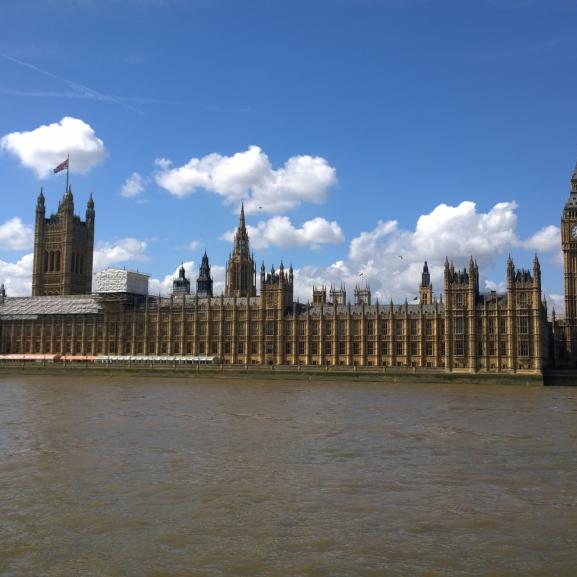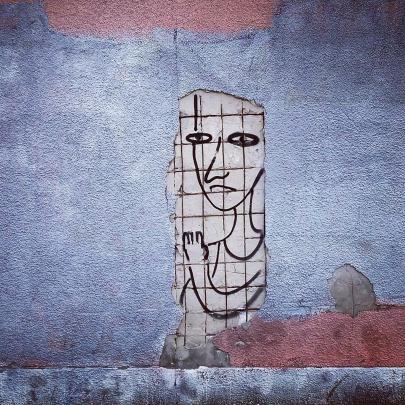Sri Lanka: Now not the time for UN to waiver in its commitment to justice
Today and tomorrow Ban Ki-moon, the outgoing UN Secretary-General, is visiting communities across Sri Lanka. As one of his final official trips and against a backdrop of faltering Sri Lankan government commitment to post-conflict reconciliation, this is an opportunity for Ban to honour his promise that the UN will deliver human rights for the “most vulnerable”.
Ban’s promise was made at the launch of the 2013 “Human Rights Up Front Initiative”, where he encouraged UN staff to act with “moral courage” on human rights, inspired in part by the acknowledgement of the UN’s catastrophic failure to protect thousands of Sri Lankans at the end of the conflict in 2009.
President Sirisena’s government also promised to deliver for the vulnerable when it co-sponsored last year’s resolution on Sri Lanka at the UN Human Rights Council. The resolution committed the government to delivering a series of measures, in consultation with survivors, to ensure accountability for human rights abuses and a process of transitional justice to move the country towards reconciliation and peace.
Sadly, the government is already failing survivors. Despite its support for the resolution, it has repeatedly issued statements that renege on its promises. First came a devastating backsliding by President Sirisena on his pledge to involve foreign and Commonwealth judges in a justice process for international crimes, despite the critical importance of this for victims, including torture survivors in treatment at Freedom from Torture. Then it was the development of the Office of Missing Persons Bill without consultation with the families of the disappeared. Most recently, the Presidential Commission announced that it is considering “accountable amnesties” which would allow torturers and those responsible for other horrific human rights abuses to buy their way out of justice.
This backsliding is an insult to those working hard to deliver a credible justice process and yet again sends a message to survivors that the Sri Lankan government considers their experiences expendable.
It would be catastrophic if the UN also failed survivors. Ban has already said that he hopes Sri Lanka will remain committed to the resolution and speed up implementation. This is encouraging but he also needs to use the weight of his office to send a clear message that failure to fully implement the resolution or consult with survivors is unacceptable.
Sri Lanka is our top country of origin for referrals and has been for the last four years. We have reported on 248 cases of torture since 2009 including 17 cases since President Sirisena came to office. Our doctors have forensically documented many more, and the numbers continue to increase.
At Freedom from Torture we work every day with survivors of torture. Sri Lanka is our top country of origin for referrals and has been for the last four years. We have reported on 248 cases of torture since 2009 including 17 cases since President Sirisena came to office. Our doctors have forensically documented many more, and the numbers continue to increase.
The use of torture is deeply entrenched in the Sri Lankan police, army and intelligence services. The UN Special Rapporteur on Torture, after his visit in May, confirmed that torture is ongoing and lamented a culture of “total impunity”. As well as an internationalised justice process, Freedom from Torture continues to call for significant military and policing reforms including a credible torture prevention programme to help Sri Lanka move away from its history of conflict.
Addressing human rights abuses and bringing the perpetrators to justice is not just about healing from the conflict, it is also about setting down the foundations of the country you want in peacetime.
Later this year the UN Committee Against Torture will review Sri Lanka’s progress in ending torture and in March the Human Rights Council will examine progress against the 2015 resolution. These are both important scrutiny opportunities but we cannot expect the government to have achieved effective torture prevention or transitional justice in that timeframe – these initiatives need long-term engagement, support and monitoring to change the system, the culture and create community trust.
The Human Rights Council would like to chalk Sri Lanka up as a success story but to deliver that success more needs to be done to turn words into action. The government has made some progress but the UN should be cautious about excuses for failure to deliver on other commitments because they are politically hard to secure.
At the start of his visit Ban said that he did not want to pre-judge the design of transitional justice mechanisms but he should not take too much pressure off on the need for the government to deliver those mechanisms or the proper consultations on their design that the Sri Lankan government agreed to at the UN. If he fails to do so, he risks sending a message to survivors in Sri Lanka, who have consistently looked to the UN as their protector, that when the UN charter talks about “We the peoples” it does not mean them.
Ann Hannah is the International Advocate at Freedom from Torture. Follow her on Twitter at @AVH16.







